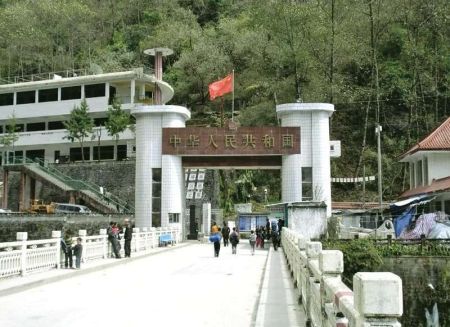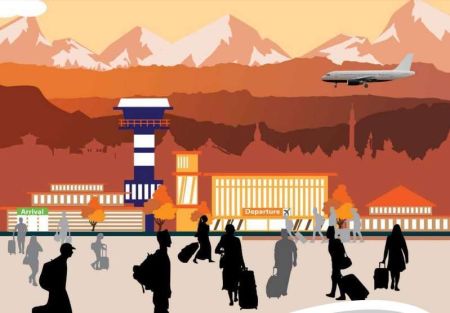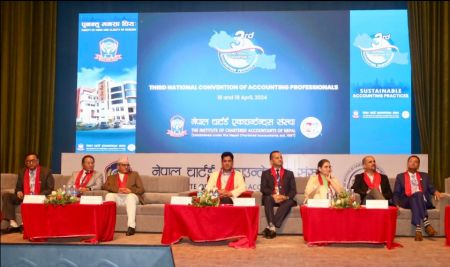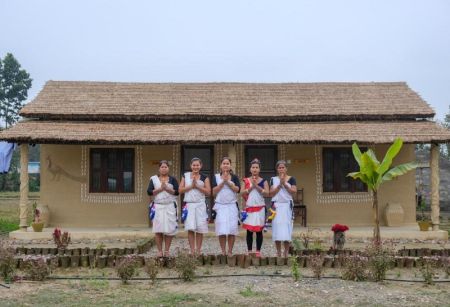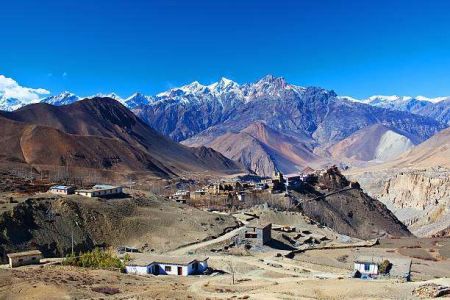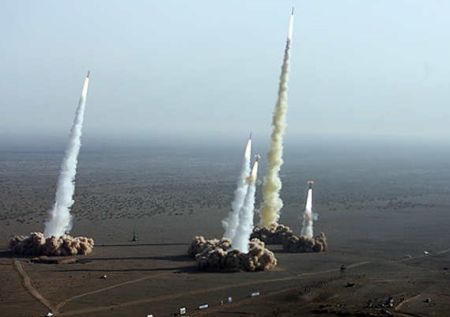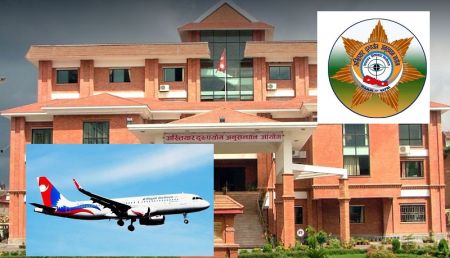 How do you assess Nepal’s contribution to the Indian economy?
How do you assess Nepal’s contribution to the Indian economy?
With more than 1800 kms of open border, it is natural for Nepal and India to have greater trade, investment and economic linkages. The dimension of socio-economic relation is multifold. It is not only about the trade and remittance. Transport connectivity, cross-border investment, tourism, health and education are other important sectors that also form bedrock of bilateral relations.
We should not lose sight of the huge amount of transaction and flow of finance that is taking place through informal channels. One glaring example- thousands of people from Terai cross the border every day for purchase of essential goods in small quantity that is not accounted for; people from hills and midlands also visit bordering cities in order to purchase clothing, apparel and utensil required for specific festivals like Dashain, Tihar and supplies for wedding. Cross-border flow of religious tourists on both sides also generates cash transaction.
However, all these are not fully captured in the national data. Workers of one country working informally in another country or running small business also do not reflect in the national figure. Hence, the volume of transaction between Nepal and India is much higher as reported formally. A systematic study may be required in order to make best judgment of the real transaction between the two countries.
There is a significant presence of Indian workers in Nepali industrial enterprises. Is it pragmatic to implement the work permit system for Indian workers?
This is a long debated issue. Nepal's labour law makes it mandatory for the foreign workers to acquire work permit before they get formally employed in the country. On the other side, Indian authorities refer to the Article VII of the 1950 Peace and Friendship Treaty signed which stipulates assigning national treatment to the national of each other's country in matter of residence, ownership of property, participation in trade and commerce and other privileges. It is equally true that Nepal as a small country cannot afford reciprocal and equal treatment to the Indian citizens in respect of economic and trade opportunities.
In February 2019, the Nepal government decided to collect the number of Indian nationals working in various industries and enterprises in Nepal with a view to bring them under the purview of Labor Act. To my knowledge this has not yet taken any concrete shape. Nepal government should clearly speak its mind to the government of India that provision of national treatment to the Indian nationals in terms of employment is not tenable and cannot be sustained by Nepal. This issue has been reflected on the EPG report which is yet to be received by the government of India.
How can we resolve the issues related to non-tariff barriers erected by India to discourage Nepali exports?
Tariff barriers are coming down as countries are in the spree of opening their economy and trade. But, at the same time non-tariff walls are being raised at a higher level in order to protect domestic industries in disguise. Such problem largely exists in case of Nepal-India trade as India occupies more than 70 percent of Nepal’s export and 61 percent of import.
Addressing the issue of non-tariff barriers cannot be one time job as new measures may crop up with the passage of time. Hence, we should focus on carrying out a regular and effective dialogue in order to report the incidence of non-tariff barriers and find out measures to address them. The current mechanism of inter-governmental committee (IGC) should be reviewed and an effective dialogue forum needs to be created between the two governments.
Why haven’t Nepal-India trade talks been much fruitful as expected? What weaknesses the Nepali side needs to overcome?
Nepal and India have shared interests in many sectors of economy. Hence, we should have empathy to understand and appreciate problems of each other. This is particularly true in economic and trade related issues, as all irritants and apprehensions could be resolved only through consultation, dialogue and debate. The crux of the matter lies in understanding the issue in correct perspectives and trying to satisfy the interest of the negotiating parties though invention of various alternatives. I feel that the other side becomes cooperative and lenient if the negotiator is well equipped with relevant information and argumentative based on win-win propositions. Nepali negotiators need to be well versed on related subjects and they should also not forget the institutional memory in order to connect the current process with the past initiatives and outcomes. Similarly, one should be well versed in the negotiation skills and techniques while handling difficult situation while negotiating with other parties. I think we can negotiate successfully for mutual gain if we could develop right strategy with adequate preparation.





